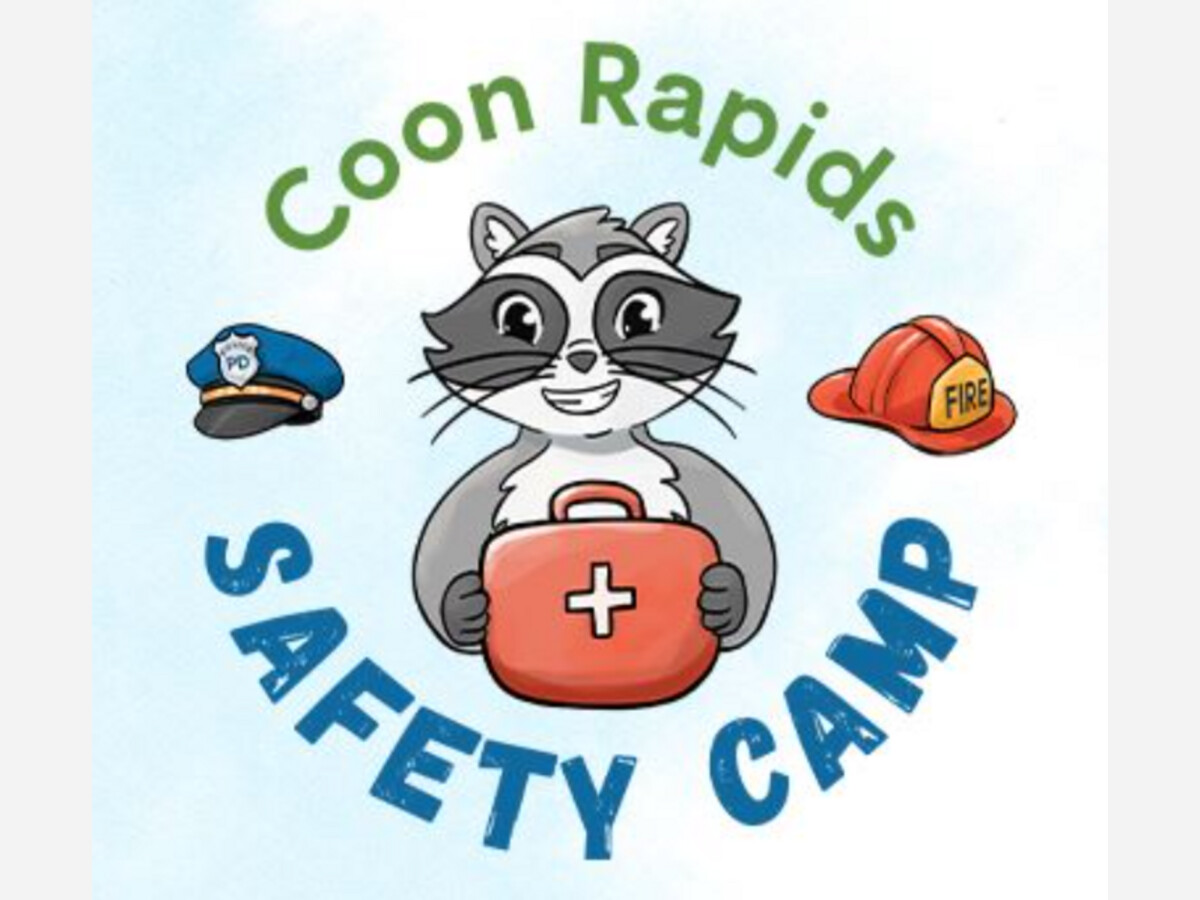Image


Coon Rapids, MN [May 14, 2025] - As Building Safety Month continues, Week 3 shines a crucial spotlight on proactive measures homeowners can take to safeguard their residences and ensure the well-being of their families. Under the theme "Build Your Defense," this week emphasizes the critical role of fire, water, and electrical safety, alongside comprehensive disaster preparedness strategies.
Organized annually by the International Code Council (ICC) and recognized locally by building departments nationwide, Building Safety Month aims to educate communities about the importance of building codes and safety practices. This week's focus empowers homeowners to take an active role in creating a secure living environment.
Fire Safety: Your First Line of Defense
A well-defined and practiced fire escape plan is paramount. Ensure all household members know at least two escape routes from every room and designate a safe meeting place outside. Keep all hallways, stairwells, and exits completely clear of any obstructions.
Working smoke alarms are non-negotiable. Install a smoke alarm on every level of your home, outside each sleeping area, and inside every bedroom. Regularly test each alarm – ideally monthly – and replace batteries annually, unless you have 10-year sealed battery alarms.
Electrical safety is equally vital. Avoid overloading electrical cords or power strips, as this can lead to overheating and fires. Immediately discontinue using any appliances with damaged cords.
Finally, maintain the exterior of your home to minimize fire hazards. Keep flammable materials away from your house, regularly clean leaves from gutters, and trim dead leaves and branches from shrubs and trees.
Water Safety: Preventing Damage and Ensuring Potability
While not explicitly detailed in this week's theme, water safety encompasses preventing leaks and ensuring access to clean water during emergencies. Regularly inspect plumbing for leaks and address them promptly. Consider having a supply of bottled water in your emergency kit.
Electrical Safety: Powering Your Home Safely
As mentioned under fire safety, avoid overloading circuits and using damaged electrical equipment. If you notice flickering lights, frequently tripping breakers, or warm outlets, consult a qualified electrician immediately.
Disaster Preparedness: Planning for the Unexpected
Establishing a designated "safety destination" outside your home is a crucial first step in disaster preparedness. Plan multiple routes to this location in case roads are blocked or hazardous. Regularly practice these routes with your family to ensure everyone is familiar with them.
Prepare an emergency kit containing basic necessities such as water (one gallon per person per day for at least three days), non-perishable food, a first-aid kit, a flashlight, a battery-powered radio, extra batteries, medications, and personal hygiene items. Store these items in a sturdy, closed container in an easily accessible location outside your home and remember to restock food and water supplies twice a year.
Proactive home mitigation can significantly reduce the impact of natural disasters. Depending on your location, this may include elevating appliances in flood-prone areas or reinforcing windows against high winds.
Resources for a Safer Home:
Numerous resources are available to help Coon Rapids residents enhance their home safety. The International Code Council offers a wealth of information and materials related to Building Safety Month. Additionally, the City of Coon Rapids Building Department / (763) 767-6476 can provide local guidance and resources.
Explore additional helpful tips, brochures, and more information on disaster preparedness, home sustainability, and fire, water, and electrical safety by visiting here.
By taking proactive steps in fire, water, and electrical safety, and by developing a comprehensive disaster preparedness plan, Coon Rapids residents can build a strong defense and ensure a safer environment for themselves and their families. Building Safety Month serves as an important reminder that a little preparation can go a long way in protecting what matters most.